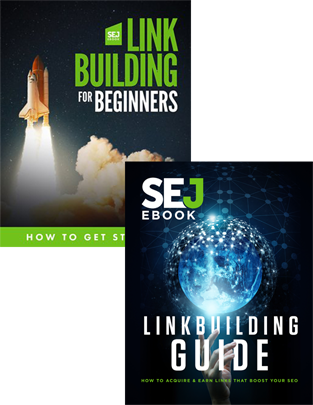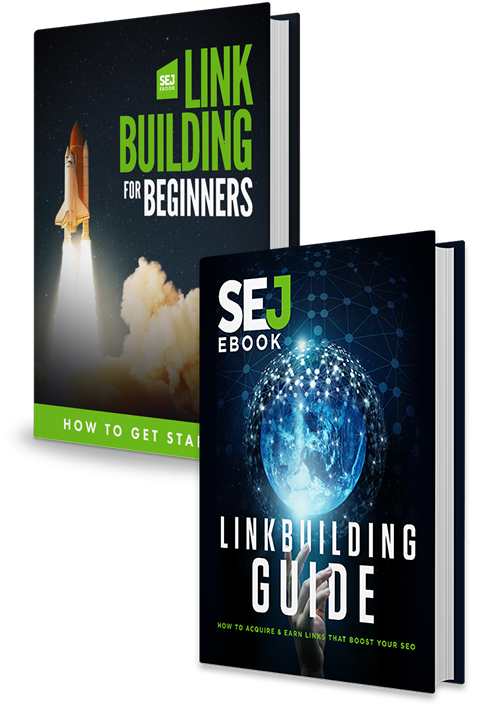Links continue to remain one of the most important ranking factors used by Google and other search engines.
Search engines discover new content through links – and it’s also, in part, how they judge the quality of that content.
Good links are like votes; they are testimonials to how worthwhile the content is, and Google sees a healthy link profile as a good sign.
On the other hand, over time Google has improved its ability to detect unnatural linking patterns.
The search engine is far better at figuring out what kinds of links are – and aren’t – useful for users.
This means old link strategies (like spamming comments, using PBNs, and posting in forums) no longer work (or as well as they once did).
Link building is a term for how marketers and SEO professionals acquire links to their content.
The hope is that those links lead more people to the content, and also help lead to higher search engine rankings.
For links to help your SEO, those links should be
- Helpful.
- High quality.
- Natural.
Links should be related to the content at hand; with good anchor text, which is useful for search engines to understand the context of the links.
We created these guides to help make your link building and SEO efforts a little easier.
These ebooks are designed to cover all the aspects of today’s world of link building, including how to use content to get links, establishing a good rapport with other sites, and useful link building checklists.
These comprehensive guides will show you why, when, and how you should execute each link building technique to get the results you need to grow your business.
Link Building Guide: How to Acquire & Earn Links That Boost Your SEO
These guides will teach you effective link building strategies and how to do them right.
Some subjects covered include:
- What to do before link building: How to make sure your website is in top shape before you move on to getting links from other sites.
- Broken link building and link reclamation: Find and reclaim lost and broken links to your site, or find unlinked mentions and generate new inbound links.
- Social engineering for link building: How to use controversy, ego bait, and helping others to attract links.
- Data-driven link building: How to use information and research to drive quality backlinks.
- Creating link-worthy content: Using visual, interactive, and engaging content to earn links.
- What linking tactics to avoid: What bad links can get you penalized by Google, and what link tactics are dangerous or ineffective.
These ebooks are all about earning high quality links with a fully integrated marketing strategy.
Link building is about quality, diversity, and building relationships.
Creating a good website with good content is just the first step.
In these guides, you will learn how to reach out and use different link building techniques to improve the reach of your content and your site.
FAQ
What is Link Building?
Link building is the process of acquiring hyperlinks from other websites to your website.
For search engine optimization, the goal of link building is to increase the quantity of high-quality inbound links to a webpage in order to increase ranking.
Why is link building important?
Link building is important because links are one of the major ranking factors of search engines.
Search engines such as Google look at the quantity of high-quality inbound links to a webpage when they crawl.
The higher quality links a webpage has, the better it will rank.


